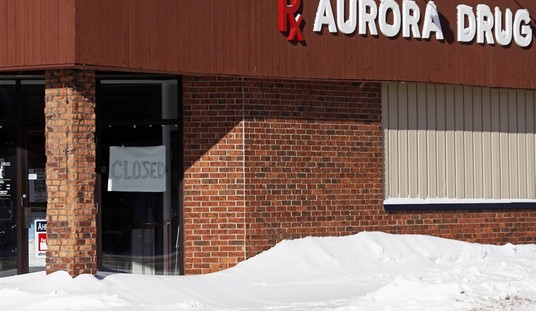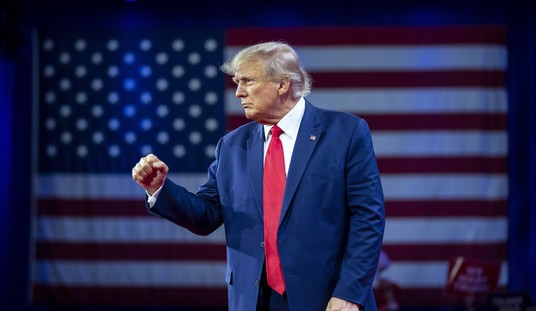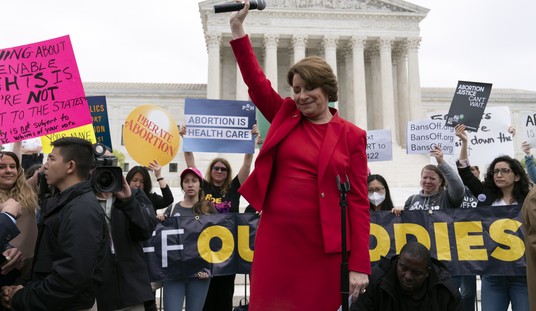With the economy sliding during Wreckovery Summer and jobs growth falling behind the number of new workers with each new jobless report, one might think that Democrats would have figured out that they need capital to get back in the game. One way to entice wealth back into economy-expanding service would be to extend the tax cuts that expire at the end of the year, especially those at the top end of the spectrum, in order to keep potential investors from sheltering it instead. The Wall Street Journal reports that Democrats and the White House have decided to mischaracterize the issue instead, with claims that the tax increase for the top bracket would only impact 3% of small businesses:
Recently, for example, Vice President Joe Biden harshly rejected House Minority Leader John Boehner’s assertion that the hikes would harm small businesses, saying that “he has created this myth that a tax cut for millionaires is actually a tax cut for small business. There aren’t 3% of small businesses in America that would qualify for that tax cut.” House Speaker Nancy Pelosi flipped the number around, saying that the planned tax increases would exempt “98% of American families and about 97% of small businesses.”
The impact is far more severe than Mrs. Pelosi and Mr. Biden suggest. In fact, the sound bite about 3% of small businesses, which has been picked up by numerous pundits, is one of the more misleading statements in the long history of economic propaganda.
The 3% figure, which is computed from IRS data, is based on simply counting the number of returns with any pass-through business income. So, if somebody makes a little money selling products on eBay and reports that income on Schedule C of their tax return, they are counted as a small business. The fact that there are millions of people in the lower tax brackets with small amounts of business income may be interesting for some purposes, but it is irrelevant for the assessment of the economic impact of the tax hikes.
The numbers are clear. According to IRS data, fully 48% of the net income of sole proprietorships, partnerships, and S corporations reported on tax returns went to households with incomes above $200,000 in 2007. That’s the number to look at, not the 3%. Would Mrs. Pelosi and Mr. Biden deny that the more successful firms owned by individuals in the top income-tax bracket are disproportionately responsible for investment and job creation?
Even if it were true, why would we want to penalize anyone with capital for investing and succeeding? Right now, we need an all-hands-on-deck call for capital. Insisting that we need to penalize those with the most to put to use is absurd in any case.
But as the WSJ notes, the huckster for “Recovery Summer” has as much accuracy as, well, Recovery Summer. It comes as a piece from the Obama campaign’s insistence that $250,000 in annual income somehow classified people as “rich” without any consideration of how the income was created and how it was used. That definition includes a lot of people running small businesses, employing others, and paying their taxes, too. When that tax increase hits, it’s going to hit a lot of small business owners, and that will mean fewer jobs and a shrinking tax base.








Join the conversation as a VIP Member